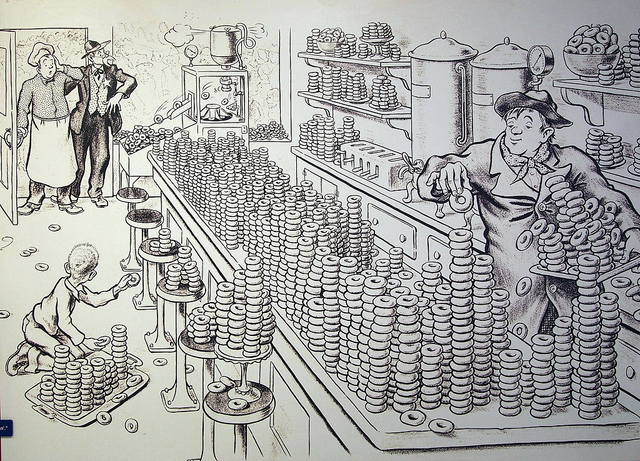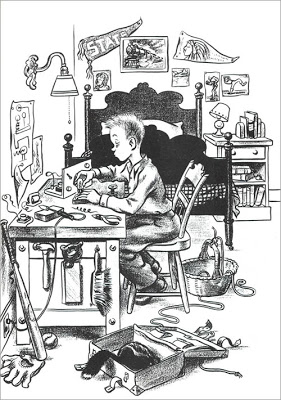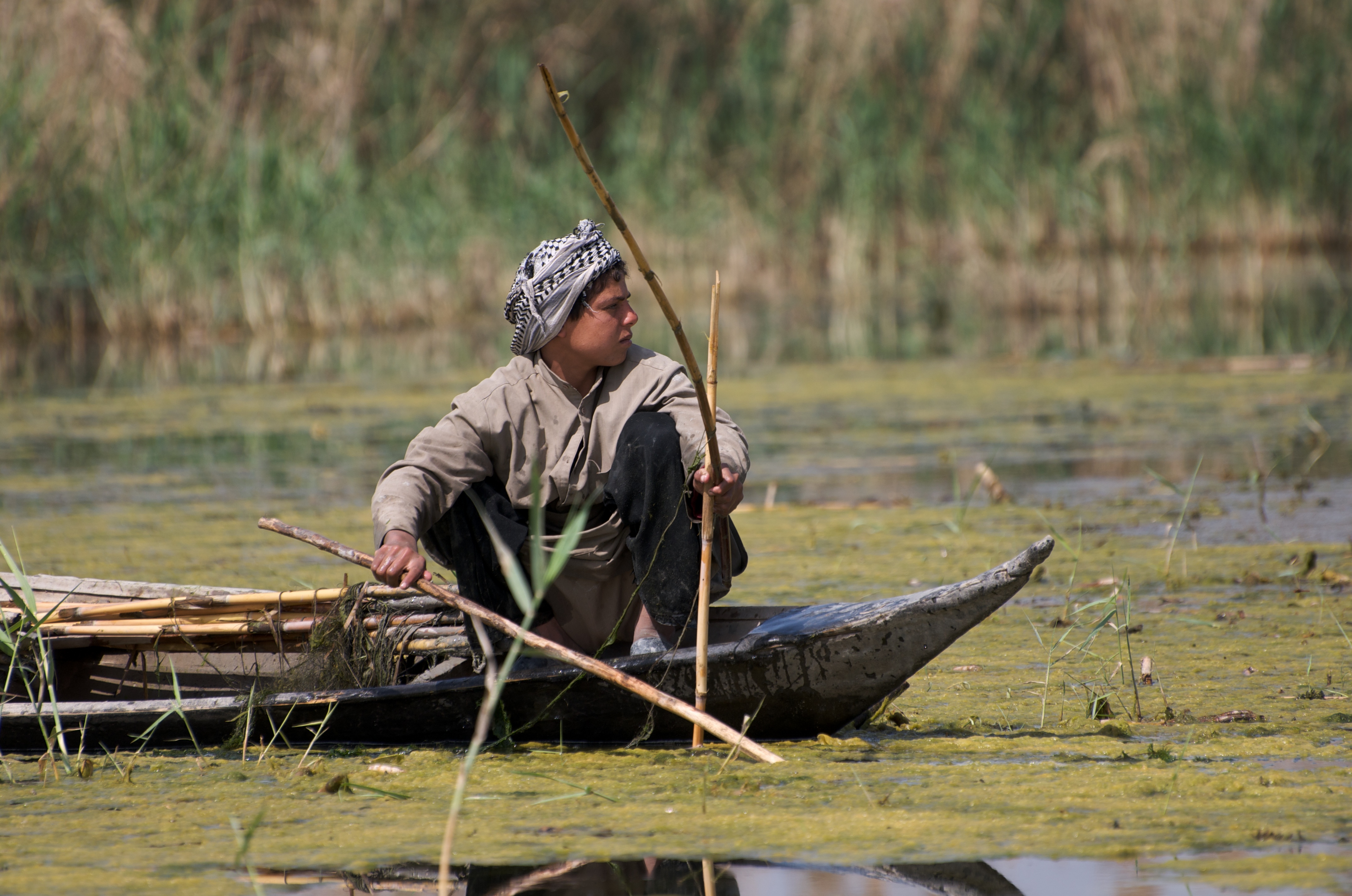Fidel Castro is finally dying. It’s obscene that he dies of old age, in luxury, still in power, after a lifetime of successful slave-trading, murder, torture, exploitation, racism, and homophobia. I expect to have to endure the effusions of thug-worship (mixed with a little strategic mild criticism) that will come when he dies. They will turn my stomach, as they should any decent person, but they are customary when any long-lived criminal dies. But before the circus parade of mythology starts rolling, it is important that good people remember, and fix in their minds, the truthful image that sums up Fidel. This image is especially important for the world’s Gays to remember.
All Marxist regimes have persecuted gays, starting with Lenin, who sent many thousands to torment and execution in the special White Sea Canal death camps. But no Marxist dictator was as obsessed with abusing gays as Fidel Castro. Even when he was first becoming known to journalists, at a period when homophobia was almost universaly accepted, they were shocked by the paranoid fanaticism of Castro’s hatred for gays.
Once in power, Castro wasted no time rounding up gays, or anyone who appeared gay. Truckloads of party zealots combed the streets looking for anyone who looked like a fag. They were arrested and sent to the infamous UMAP slave labour camps. The UMAP [Military Units to Aid Production] camps were usually sugar plantations. Anyone whom Castro determined to be a “class enemy” did hard labour in them. This included anyone who criticized Marxist orthodoxy, was openly religious, complained of Communist greed or brutality, or who belonged to some minority. But there were special camps for gays, usually with a harsher regime, and in which crude experiments with electroshock and brainwashing were perpetrated.
The UMAP camps were described in detail by a doctor, José Luis Llovio-Menéndez, who was sent to one, and was required to act as camp medic. Even the weakest and most seriously injured were forced to go back to the cane-fields, but he could usually administer some medicine, and in a few heroic confrontations he managed to get leniency for some of the most wretched victims. Inmates at the camps worked at exhausting physical labour, usually cutting sugar cane, from 4:30 A.M. to 7:00 P.M. Lunch was a slimy bowl of chickpeas. Latrines were fetid hells, swarming with flies. Discipline was severe in all the camps, but it was meted out to gays with special sadism and fury. They were routinely beaten in the cane fields, as they worked, were made to stand in the hot sun for eight hours, or were placed overnight, naked, in pits of filth while mosquitoes fed on them. Worst of all was the dreaded “rope punishment”, whippings with a coarse rope of aguave. If you know the plant, you know it is the ideal material for torture.
One image is fixed in the good doctor’s mind:
“As I was leaving the office by the back door, reflecting on the good fortune of my transfer ― no more work in the fields ― I saw one of the most degrading and depressing sights I’ve ever witnessed. In the center of the courtyard, tied by both hands to the top of the flagpole, there hung a boy of about twenty, his body swaying in the breeze just below the raised flag.”
The young man was chopped down just in time to save him from losing his hands.
Now, I want readers to fix this image in their minds, and when Castro’s death is announced, to remember it. This is what he should be remembered for. All else is unimportant.
 This was one of the “children’s classics”, written in 1943, that I had glanced at as a child, but never actually read. A pity. McCloskey was a gentle humorist with a charming style and great human empathy, who chose to write for children rather than, say, subscribers to the New Yorker. He was also a talented artist, in a style reminiscent of Ernie Pyle. The world he writes about now seems so far away that a contemporary child might have some problems interpreting it. It would seem exotic, rather than comfortingly familiar. But if you are an adult with any feeling for North American social history, the child-viewpoint stories about pet skunks, donut machines, and giant balls of string will be fascinating.
This was one of the “children’s classics”, written in 1943, that I had glanced at as a child, but never actually read. A pity. McCloskey was a gentle humorist with a charming style and great human empathy, who chose to write for children rather than, say, subscribers to the New Yorker. He was also a talented artist, in a style reminiscent of Ernie Pyle. The world he writes about now seems so far away that a contemporary child might have some problems interpreting it. It would seem exotic, rather than comfortingly familiar. But if you are an adult with any feeling for North American social history, the child-viewpoint stories about pet skunks, donut machines, and giant balls of string will be fascinating.




